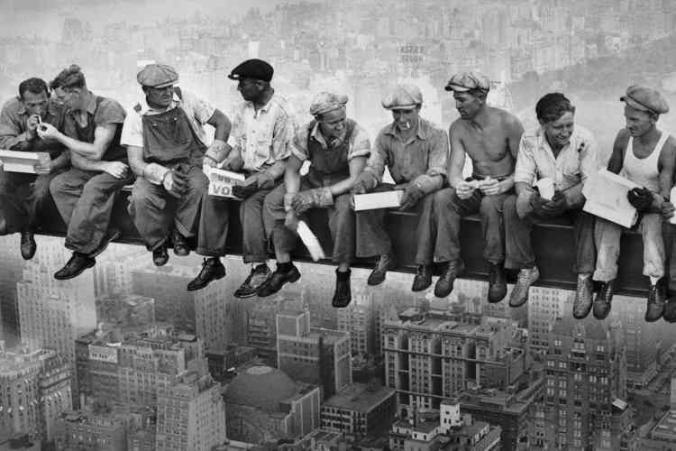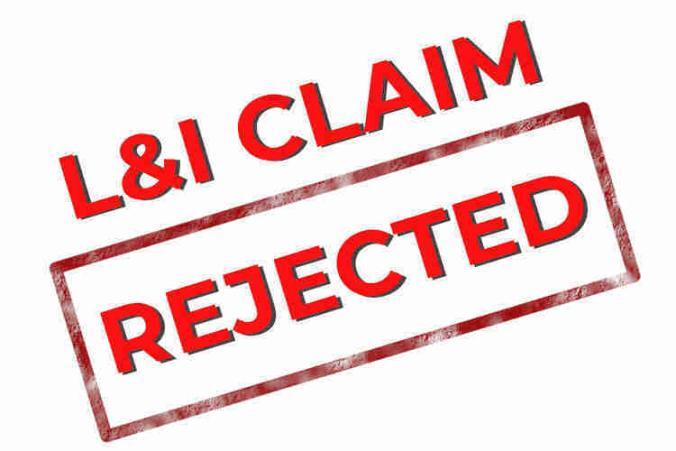The Department of Labor and Industries (L&I) governs work safety matters in Washington State. Recently, L&I published a news bulletin showing that not all employers are taking workers’ well-being seriously. Unfortunately, some employers continuously ignore very basic safety precautions. In this article, we cover specific issues in L&I claims involving roofers. Unfortunately, falling from a roof is something we see often in L&I claims. It’s no joke. If you fall from a roof, it can cause serious injuries. In fact, roof falls lead to many workers compensation claims.
Roofing Work Injury Examples and Hazards
In its publication, L&I reported that Allways Roofing Inc and United Roofing Solutions Inc are severe safety violators. The two roofing companies are in Western Washington. What makes these companies severe violators? Ongoing safety inspection failures resulting in repeat citations. In fact, the two companies racked over $3M in penalties, combined.
Interestingly, L&I says it inspected Allways Roofing 11 times in the past 3 years. The company repeatedly violated fall protection regulations. Consequently, L&I considers the company’s behavior egregious and willful. These recurring safety violations resulted in high numbers of work injury occurrences. In detail, at least seven employees sustained serious workplace injuries. They include five falls from heights and two eye injuries from nail guns. Furthermore, Allways Roofing appealed its past citations.
Falling from a roof is a serious work injury
In addition, L&I inspected United Roofing Solutions Inc more than 6 times since 2009. L&I issued them citations for repeat safety violations. Per L&I, the most recent citation was for repeated, willful, serious violations of not using fall protection. Unsurprisingly, the company appealed this determination.
L&I and federal workplace safety programs track statistics for roofing accidents. They concluded that falling from heights is one of the leading causes of workplace deaths and serious injuries. Wake up people! These statistics alone justify fall protection and safety regulations. Not to mention inspections and citations for failing to follow regulations.
L&I claims that come through my office
Every day, I see the very real and devastating effects that serious workplace injuries have on workers. And, the horrific impact of catastrophic work injuries on families. EVERY-SINGLE-DAY! Companies that repeatedly ignore safety regulations. Placing profits over people. These companies deserve to receive citations and penalties. In fact, they deserve the extra scrutiny that comes with the Severe Violator Enforcement Program.
When it comes to L&I claims, there’s so much disagreement regarding claim administration and processing. However, there’s one thing I think we can all agree on. Preventing work injuries is the single best outcome in the L&I setting. In my opinion, both employers and employees should take measures to increase workplace safety. We cannot tolerate willful safety violations. Personally, I am grateful for L&I for prioritizing workplace safety.


